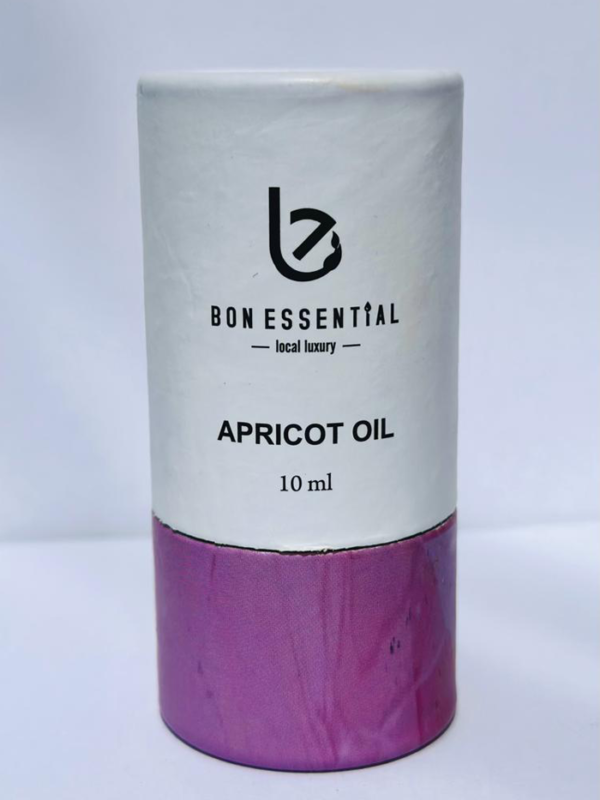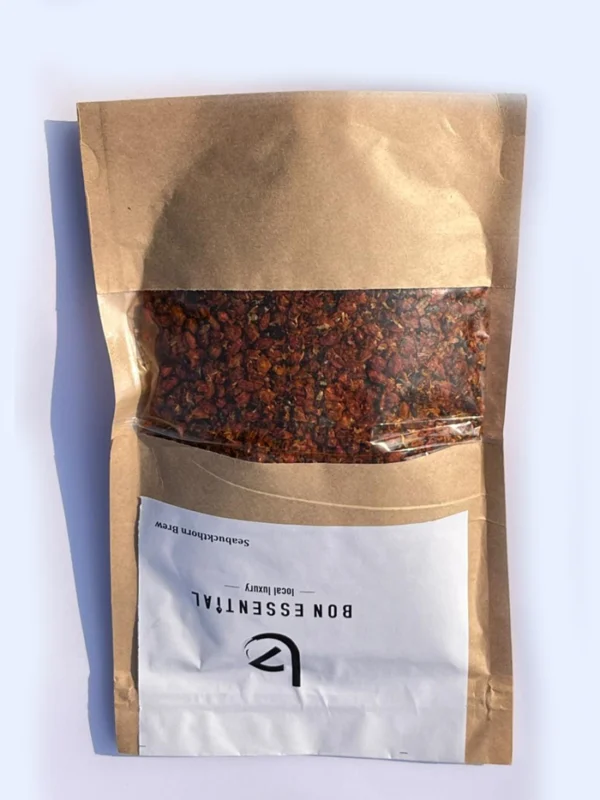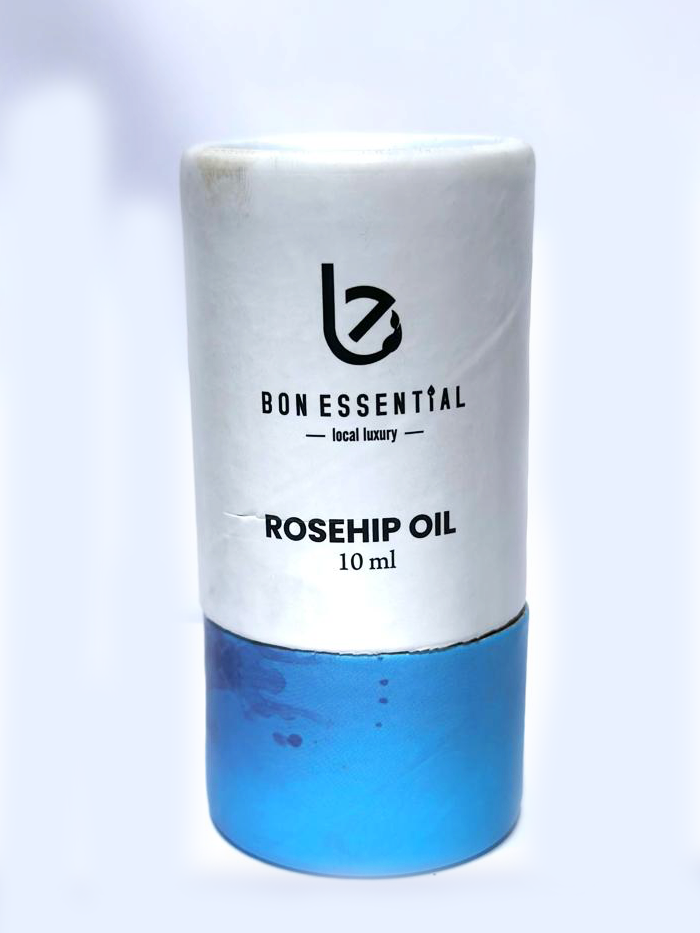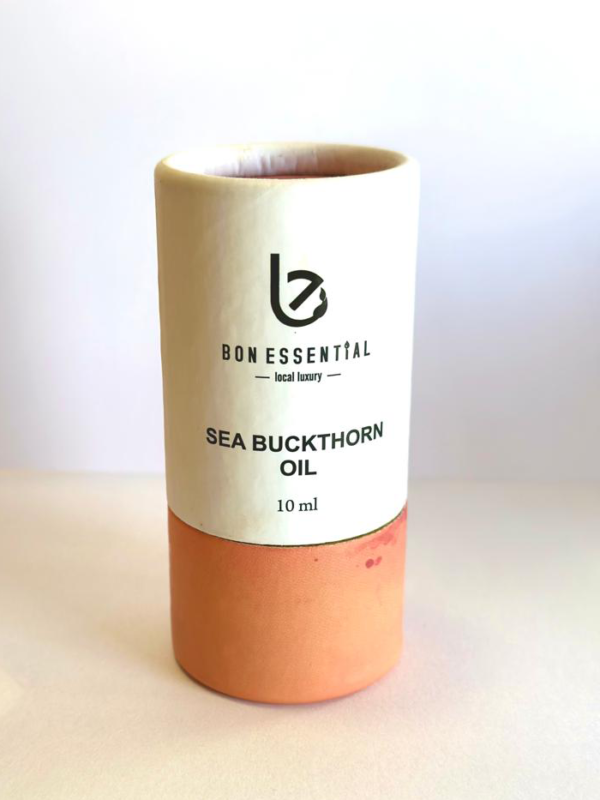Rosehip oil – also known as rosehip seed oil—is a pressed seed oil that has been valued since ancient times for its many healing properties, which makes it especially helpful for those with sensitive skin. “Rosehip oil is derived from the small fruit that sits beneath the rose,” says Zeichner. “It is a popular ingredient in skincare right now for its hydrating and anti-aging benefits.” Rosehip oil has a host of benefits (more on those, below) but it is first and foremost an ultra-effective emollient and moisturizer: “With high levels of essential fatty acids, especially omega-3 (linolenic acid) and omega-6 (linoleic acid), rosehip seed oil can effectively soften skin and improve skin barrier function,” says Plescia. “Although seemingly counterintuitive as an oil and sometimes thought to be not suitable for oily/breakout-prone skin, rosehip seed oil can be an ideal natural oil for blemished skin.” Rosehip oil’s high concentration of omega-6 fatty acids (also known as linoleic acid) may be particularly helpful for those suffering from acne. Studies have found that linoleic acid deficiency is linked to development of acne. According to Plescia, linoleic acid also helps to treat hyperpigmentation.
Benefits of Rosehip Oil for Skin
- Regenerates and heals the skin: Because it contains high concentrations of vitamin A, vitamins, and vitamin E.
- Fights free radicals: With high levels of vitamin C, rosehip seed oil can help with the appearance of fine lines and wrinkles, brighten skin, and help fight free radicals in the skin.
- Has dramatic skin restorative powers: A 2015 study found that the use of rosehip oil on patients post-surgery improved the overall look of their scars.
- Intensely hydrates and moisturizes the skin: Including linoleic acid, as well as various other essential fatty acids, rosehip oil is the go-to for hydration.
- Calms inflammation: Rich in vitamin E and anthocyanin—two ingredients that can calm and soothe irritation—rosehip oil can be hugely beneficial for those dealing with rosacea, eczema, and other inflammatory skin issues.
- Combats acne: For acne-prone skin, rosehip oil can be helpful because it has anti-inflammatory and anti-microbial properties, and it has low comedogenicity.
How to Use Rosehip Oil
Rosehip oil can be applied straight onto the skin or can be used as a carrier oil for other, more potent facial oils. Although it’s formulated into many skincare products, rosehip oil can most often be found in its pure form, to be applied directly onto the skin. This oil should be packaged in a dark, amber-colored bottle to protect it from UV rays, which might diminish the potency of the product if exposed, and stored in a cool, dark place.
Rosehip oil can be used up to twice a day, morning and evening. The most popular way to use this oil is by applying it directly to the skin or adding it to your favorite moisturizer. Rosehip oil can be found in all types of skincare products, lotions to serums, But a facial oil, either blended or pure, is the ideal way to experience the potency and the benefits of the oil.







Reviews
There are no reviews yet.